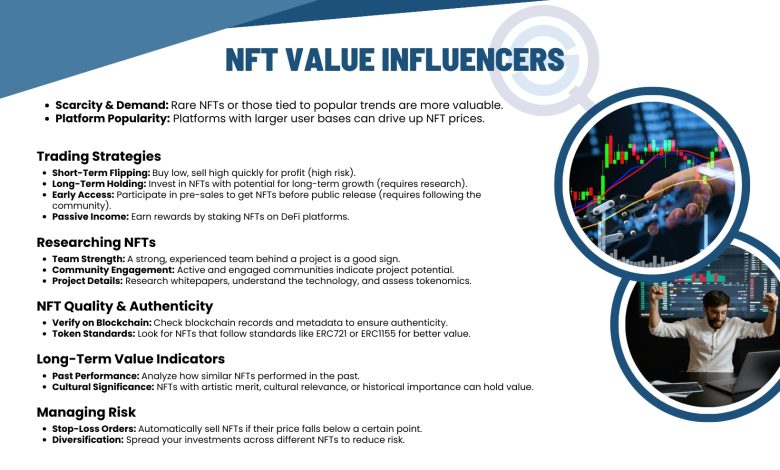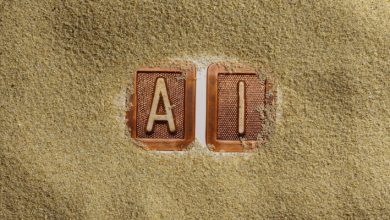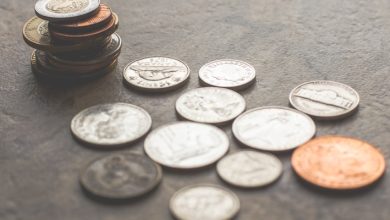How to Evaluate the Authenticity of an NFT

- Understanding the concept of NFTs
- Key factors to consider when evaluating NFT authenticity
- Examining the blockchain technology behind NFTs
- Tips for verifying the provenance of an NFT
- Common red flags to watch out for in NFT authenticity
- The importance of due diligence in NFT transactions
Understanding the concept of NFTs
NFTs, or non-fungible tokens, have gained significant popularity in recent years as a new form of digital asset. Understanding the concept of NFTs is crucial for evaluating their authenticity. NFTs are unique digital tokens that represent ownership of a specific item or piece of content, such as artwork, music, or collectibles. Unlike cryptocurrencies like Bitcoin or Ethereum, which are fungible and can be exchanged on a one-to-one basis, NFTs are one-of-a-kind and cannot be replicated.
One key aspect of NFTs is their use of blockchain technology to verify ownership and authenticity. Each NFT is stored on a blockchain, a decentralized and transparent digital ledger that records transactions. This ensures that the ownership of an NFT can be easily verified and traced back to the original creator. Additionally, the use of smart contracts allows for royalties to be automatically paid to creators whenever their NFT is resold.
When evaluating the authenticity of an NFT, it is important to consider the provenance of the token. This includes verifying the identity of the creator, ensuring that the NFT was minted by the original creator or authorized party. It is also essential to confirm that the NFT is stored on a reputable marketplace or platform that follows best practices for NFT creation and storage.
In conclusion, understanding the concept of NFTs is essential for evaluating the authenticity of these digital assets. By considering the technology behind NFTs, verifying the provenance of the token, and ensuring that it is stored on a reputable platform, investors and collectors can make informed decisions when buying or selling NFTs.
Key factors to consider when evaluating NFT authenticity
When evaluating the authenticity of an NFT, there are several key factors to consider to ensure that you are purchasing a genuine digital asset. One important factor to look at is the creator of the NFT. **Verify** the identity of the artist or creator to make sure that they are reputable and have a history of producing high-quality work. Additionally, **examine** the provenance of the NFT to see if it has been verified by a trusted source.
Another factor to consider is the uniqueness of the NFT. **Check** to see if the NFT is part of a limited edition collection or if it is a one-of-a-kind piece. **Look** for any distinguishing features or characteristics that set it apart from other similar NFTs. **Research** the history of the NFT to see if it has been previously sold or if there are any disputes over its authenticity.
Furthermore, it is important to **evaluate** the platform where the NFT is being sold. **Choose** reputable marketplaces that have a track record of selling authentic NFTs. **Read** reviews and feedback from other buyers to see if there have been any issues with authenticity in the past. **Consider** using escrow services or smart contracts to protect your investment.
In conclusion, when assessing the authenticity of an NFT, it is crucial to **thoroughly** research the creator, provenance, uniqueness, and platform where the NFT is being sold. By taking these key factors into account, you can make an informed decision and avoid purchasing counterfeit or fraudulent digital assets.
Examining the blockchain technology behind NFTs
When evaluating the authenticity of an NFT, it is crucial to examine the blockchain technology behind it. NFTs are unique digital assets that are stored on a blockchain, which is a decentralized and transparent ledger. This technology ensures that each NFT is one-of-a-kind and cannot be replicated or tampered with.
Blockchain technology uses cryptographic algorithms to secure transactions and verify the ownership of digital assets. Each NFT is assigned a unique token ID, which is recorded on the blockchain along with information about the creator, the current owner, and the history of ownership transfers. This information is immutable and can be verified by anyone with access to the blockchain.
By examining the blockchain technology behind NFTs, you can verify the authenticity of the digital asset and ensure that it is not a counterfeit or a copy. This process involves checking the token ID, the creator’s digital signature, and the ownership history on the blockchain. By doing so, you can be confident that the NFT you are purchasing is genuine and has not been altered in any way.
Tips for verifying the provenance of an NFT
When it comes to verifying the authenticity of an NFT, there are several tips to keep in mind. One important step is to research the creator of the NFT. Look for information about their reputation and previous works to ensure they are a legitimate artist. Additionally, you can check if the NFT has been listed on reputable marketplaces or platforms. This can help confirm its authenticity and provenance.
Another tip is to examine the metadata of the NFT. This includes details such as the creation date, file type, and any signatures or watermarks. By analyzing this information, you can gain insights into the history of the NFT and verify its authenticity. It’s also recommended to look for any accompanying documentation or certificates of authenticity that may further validate the NFT.
Furthermore, consider reaching out to the creator or seller of the NFT for more information. Ask questions about the creation process, ownership history, and any additional details that can help verify the provenance of the NFT. Communication with the original source can provide valuable insights and assurance regarding the authenticity of the NFT.
Common red flags to watch out for in NFT authenticity
When evaluating the authenticity of an NFT, it is crucial to be aware of common red flags that may indicate a potential issue with the digital asset. By being vigilant and knowing what to look out for, you can protect yourself from falling victim to scams or counterfeit NFTs. Some key red flags to watch out for include:
- Low-resolution images or poor quality artwork, which could suggest that the NFT is not an original piece.
- Missing or incomplete metadata, such as the artist’s name, creation date, or other relevant information that should be included with the NFT.
- Unverified or questionable provenance, meaning there is uncertainty about the history or origin of the NFT.
- Unrealistic pricing or offers that seem too good to be true, as this could be a sign of a fraudulent scheme.
- Unclear licensing or ownership rights, which may indicate that the NFT is not legitimate or legally obtained.
By keeping an eye out for these red flags and conducting thorough research before purchasing or investing in an NFT, you can minimize the risk of encountering authenticity issues. Remember to always verify the legitimacy of an NFT and ensure that you are dealing with reputable sellers or platforms to protect yourself in the digital marketplace.
The importance of due diligence in NFT transactions
When engaging in NFT transactions, it is crucial to emphasize the importance of due diligence. Due diligence refers to the process of thoroughly researching and verifying the authenticity of an NFT before making a purchase. This step is essential to protect yourself from potential scams and ensure that you are investing in a legitimate digital asset.
One of the key aspects of due diligence in NFT transactions is verifying the provenance of the NFT. This involves tracing the history of ownership and confirming that the NFT has not been stolen or replicated. By conducting thorough research on the background of the NFT, you can gain confidence in its authenticity and legitimacy.
Additionally, it is essential to assess the reputation of the creator or platform selling the NFT. Look for reviews, feedback, and testimonials from other buyers to gauge the trustworthiness of the seller. A reputable creator or platform is more likely to offer authentic NFTs and provide a secure transaction process.
Furthermore, consider seeking expert advice or consulting with NFT appraisal services to validate the authenticity of the digital asset. These professionals have the knowledge and expertise to identify red flags and determine whether an NFT is genuine. Investing in their services can provide you with peace of mind and confidence in your purchase.
In conclusion, due diligence plays a critical role in NFT transactions by ensuring that you are investing in authentic digital assets. By verifying the provenance, assessing the reputation of the seller, and seeking expert advice, you can mitigate the risks of fraud and make informed decisions when buying NFTs.




